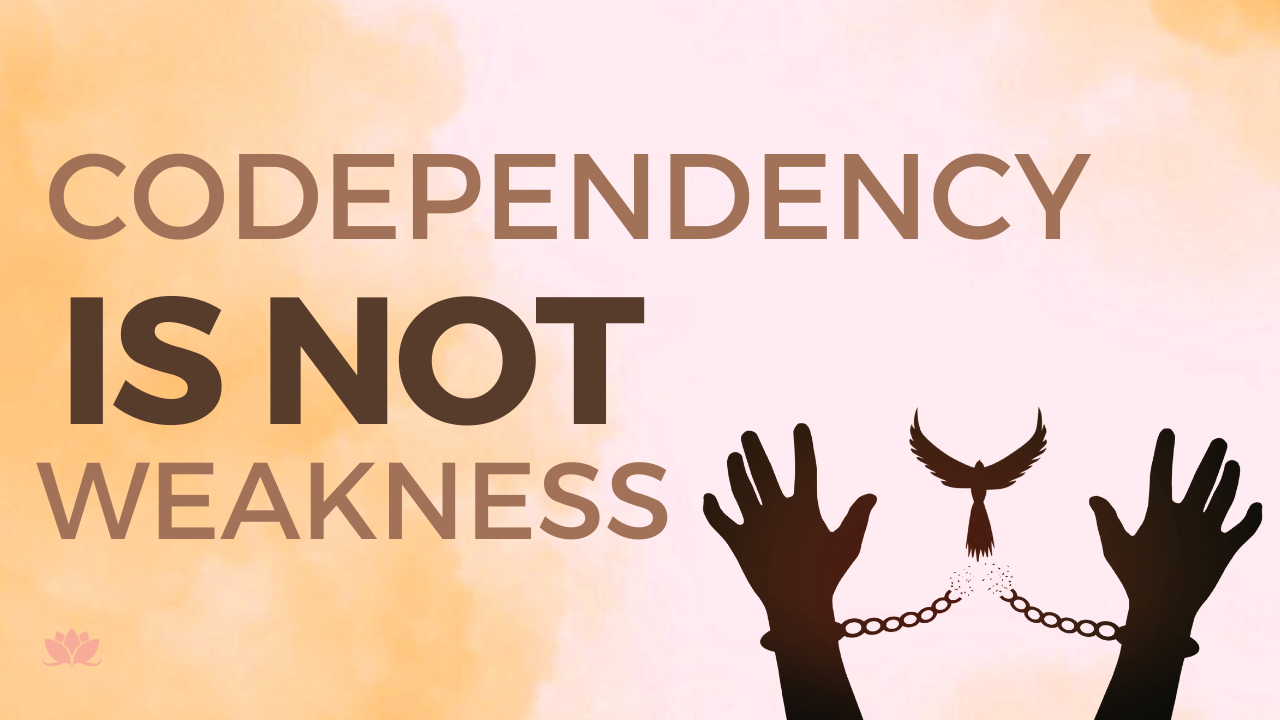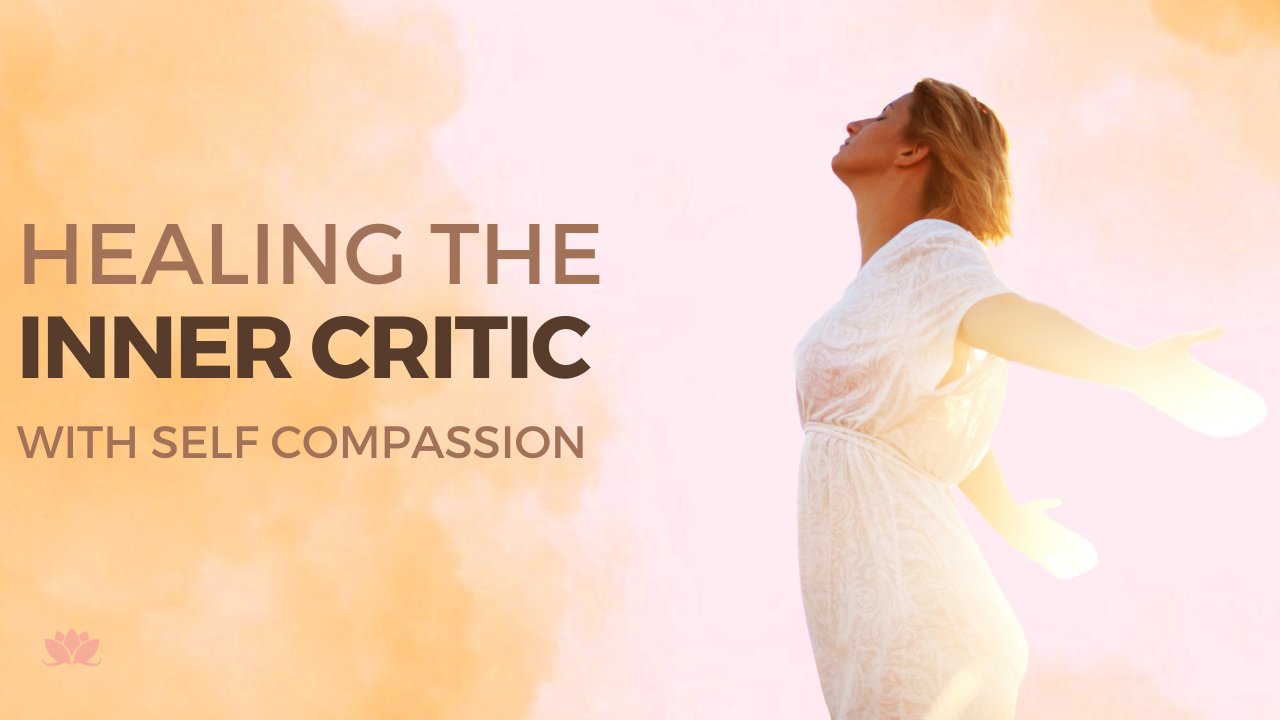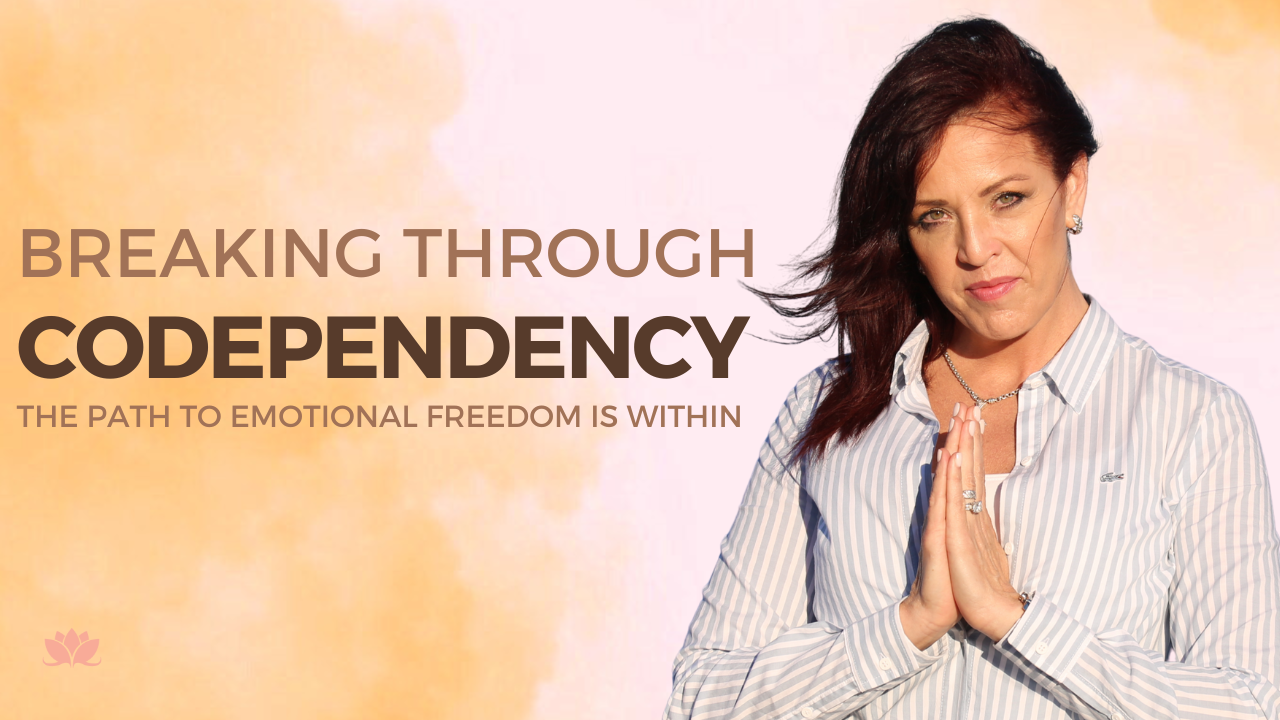5 Ways Codependent People Compromise Themselves in Toxic Relationships
Codependent people compromise themselves in relationships. This blog includes 5 distinct ways, codependent people struggle to speak up for themselves in toxic relationships.


As humans, we all crave connection and love. However, sometimes we find ourselves in relationships that are not healthy for us. Codependency is a common issue that can arise in toxic relationships. Codependent people often prioritize their partner's needs over their own, leading to a loss of self-identity and self-worth. This blog post will discuss five ways codependent people compromise themselves in toxic relationships.
1. Ignoring their own needs
Codependent people often put their partner's needs before their own. They may ignore their own needs and desires to please their partner. This can lead to a loss of self-identity and a lack of fulfillment in their own lives.
2. Enabling their partner's behavior
Codependent people may enable their partner's toxic behavior by making excuses for them or covering up their mistakes. This can lead to a relationship dysfunction cycle, where the codependent person feels responsible for their partner's actions.
3. Sacrificing their values
Codependent people may compromise their values to maintain the relationship. They may go along with their partner's beliefs or behaviors, even if they disagree. This can lead to a loss of self-respect and a feeling of being untrue to oneself.
4. Accepting mistreatment
Codependent people may tolerate mistreatment from their partner, such as emotional or physical abuse. They may believe that they deserve this treatment or that fixing their partner's problems is their responsibility. This can lead to a cycle of abuse and a loss of self-esteem.
5. Losing their sense of self
Codependent people may lose their sense of self in the relationship. They may become so focused on their partner's needs that they forget who they are as an individual. This can lead to emptiness and a lack of purpose in life.

In conclusion, codependent people compromise in toxic relationships by ignoring their needs, enabling their partner's behavior, sacrificing their values, accepting mistreatment, and losing their sense of self. They often believe they do not deserve happiness, and because they struggle with low self-worth, it isn't easy to set boundaries. Codependent people need to recognize these patterns and then make healing a priority.
Reading books on codependency, visiting Codependents Anonymous meetings, and joining support groups that cater to the needs of those wishing to gain access to help for codependency are three codependency resources every healing codependent person should consider.
If you are struggling to heal from codependency, please know it is possible to stop compromising yourself and live a life that truly represents your authentic self. Achieving this takes time, but codependency recovery is achievable with awareness, compassion, mindfulness, and a commitment to raising your consciousness.
Lisa A. Romano is a certified life coach, bestselling author, and top leading expert in the field of mental wellness, codependency, and narcissistic abuse recovery. With over 20 years of experience in the field, Lisa has helped thousands of people heal from childhood trauma, codependency, narcissistic abuse, emotional neglect, and toxic relationships.
Her unique approach to healing focuses on empowering individuals to take control of their lives and break free from the patterns of codependency and narcissistic abuse. Through her books, online courses, and coaching programs, Lisa provides practical tools and strategies to help individuals rebuild their self, set healthy boundaries, and create fulfilling relationships.
Lisa's work has been featured in major media outlets such as USA Today, Psychology Today, LA Times, The Huffington Post, and Yahoo Finance. She is also a sought-after speaker and hosts a top leading podcast called Breakdown to Breakthrough.If you're looking for a compassionate and knowledgeable expert to guide you on your journey towards healing and self-discovery, Lisa A. Romano is the perfect choice. Her expertise, creativity, and compassion, and ability to blend groundbreaking neuroscience, with cutting edge trauma research with spiritual principles make her a standout in the field of mental wellness. Her 12 Week Breakthrough Coaching Program was recently endorsed by Robin Bryman Ph.D.



